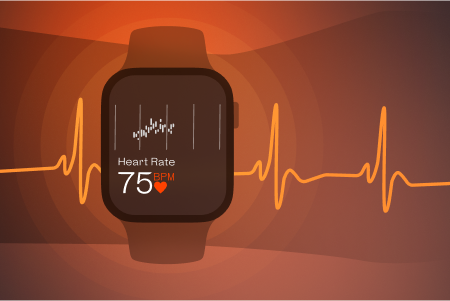
Measuring Resting Heart Rate
From manual pulse counts to the latest in app technology, dive into the transformative journey of heart rate monitoring
Home » Heart Rate Variability » How to Improve HRV
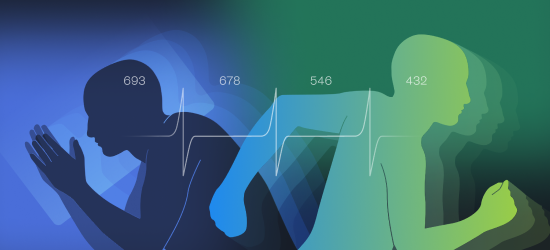
Though heart rate can provide valuable information about a person’s physical and psychological state, heart rate variability is one of the best metrics to determine your physical fitness, adaptability, and ability to perform.
Also known as HRV, heart rate variability measures the amount of time that passes between heartbeats – or the RR intervals. Research indicates people with a higher HRV score are usually healthier and function better than those with lower HRVs. That’s because HRV shows how quickly your heart can react and recover.
Get Welltory
to track HRV
Get Welltory
to track HRV
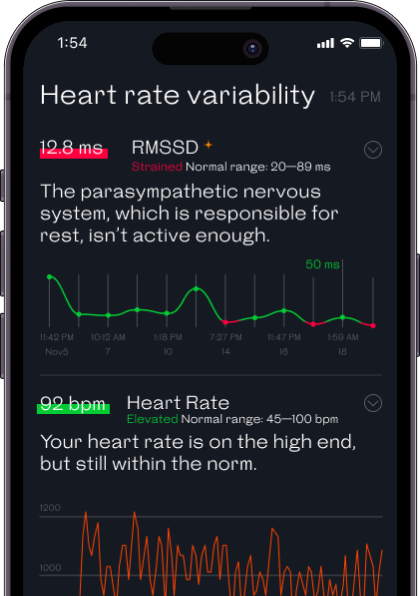


A heart in optimal shape has a high HRV because it can swiftly shift from action to relaxation or vice versa. A heart that’s not operating at its best will have a lower HRV. Several conditions can cause a low HRV, including problems with the automatic nervous system – like sleep deprivation or chronic stress – and heart, brain, and immune system diseases. Likewise, a low HRV can adversely impact your energy and stress levels and overall well-being.
With Welltory, monitoring your heart rate variability is easy. You can install the app on a wearable device, like an Apple Watch, to receive automatic readings. Or you can place your finger over your phone’s camera while using the app to take an instant recording. Welltory will then analyze your measurements and give you insights into how your body is doing right now.
Not only does keeping tabs on your HRV provide a snapshot of your general health, but it can also indicate your daily bandwidth. Additionally, HRV tracking is a good way to determine what lifestyle factors are working for or against you. Welltory will provide custom recommendations based on your metrics to help you feel and function better.
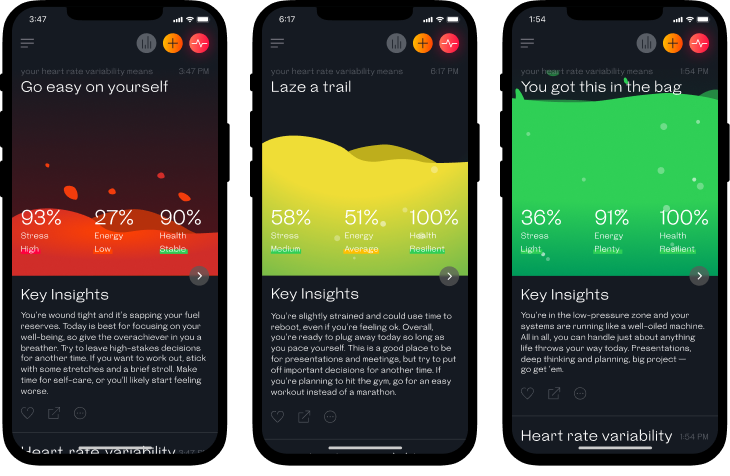
Welltory’s personalized recommendations based on HRV analysis
Like wellness generally, HRV is highly individualized. What impacts one person’s score might not have the same effect on yours. But healthy habits – even small ones – consistently have a positive impact.
If you’d like to learn how to increase HRV, read on for eight techniques to try.
Being dehydrated can decrease your blood volume and disrupt circulation. As a result, your heart and other body parts may not receive the oxygen and nutrients they need to function properly. A study published in Scientific Reports found even mild dehydration can reduce heart rate variability, along with other adverse effects like anxiety and decreased cognition.
According to guidelines from the Mayo Clinic and U.S. National Academies of Sciences, Engineering, and Medicine, women need about 2.7 liters per day, while men need about 3.7 liters. Around 20 percent comes from food, while the rest should come from water, tea, and other liquids.
Getting solid sleep at night sets the stage for optimal performance the next day. Consistent, quality rest is also one of the best ways to improve your HRV score. Research indicates insufficient or sub-par sleep correlates with decreased heart rate variability, along with diminished performance ability and an increased risk of getting sick. To determine if you’re getting enough shuteye, try using a wearable device with Welltory installed to track your sleep cycles.
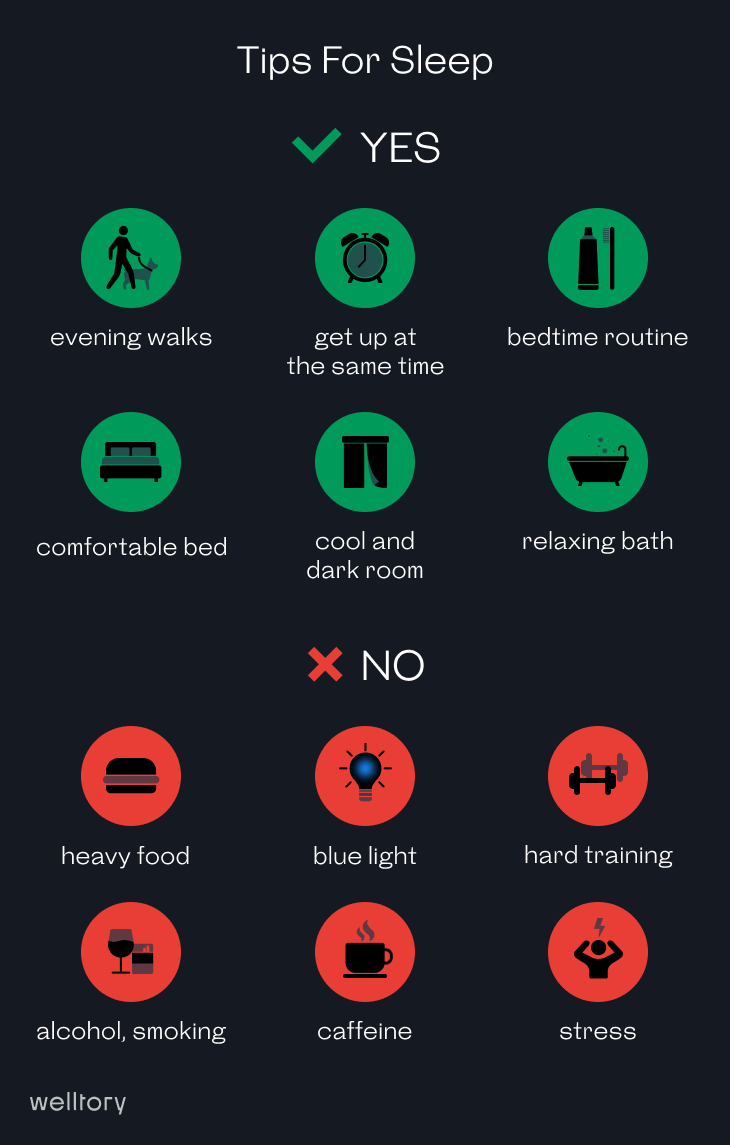
Nutrition significantly affects heart health, including heart rate variability. Eating a balanced diet alone can produce several benefits. But avoiding too many processed foods and eating at the right times can do even more to increase your HRV. Just like maintaining a regular sleep-wake schedule can improve your circadian rhythm, so too can eating at the same time every day. It’s also best to avoid eating late at night, as this can disrupt sleep.
Incorporating more leafy greens into your diet can help as well. A study published in the American Journal of Clinical Nutrition found people who ate lots of spinach, kale, mustard greens, and lettuce had better heart rate variability than those who didn’t.
Drinking more than one drink can affect your HRV, according to a study published in the American Journal of Physiology-Heart and Circulatory Physiology. Researchers found drinking one glass of wine had no effect on heart rate variability, but two glasses decreased people’s HRV by around 30 percent. And those effects can linger for days.
Research shows regular exercise is one of the best ways to improve HRV, blood pressure, and overall health. Studies show exercising a few times per week can increase HRV and other health metrics for people of all ages. Any type of moderate to intense exercise will do – including cardio, strength training, yoga, or all of the above, as long as you do it consistently. The Centers for Disease Control and Prevention advise getting at least 150 minutes of moderate physical activity per week.
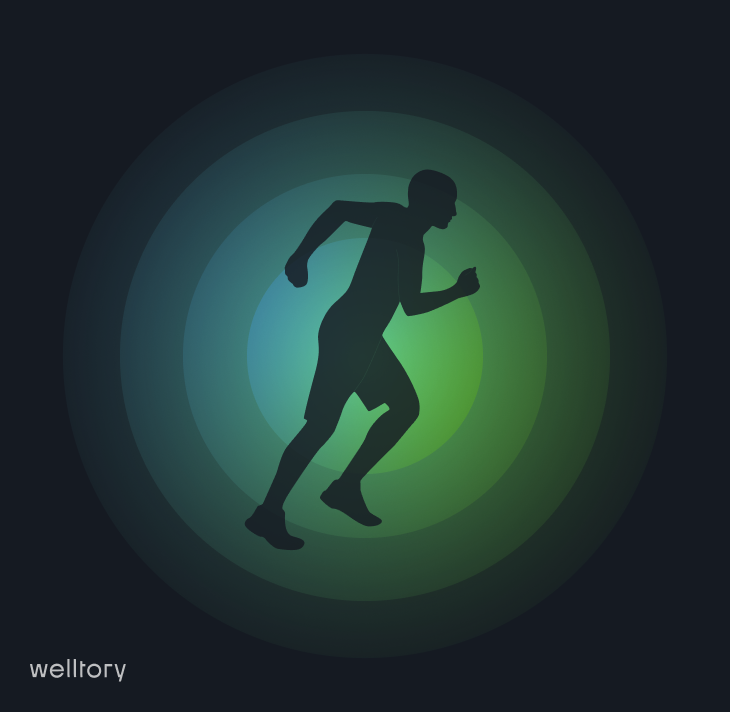
But it’s not quite as simple as “more is better.” For serious athletes, aiming solely to increase HRV could lead to overtraining, injuries, and nervous system imbalances. Besides necessitating more downtime and negatively affecting your well-being, these complications can decrease HRV over time. Pay attention to what your body tells you. If you consistently feel tired or unable to complete your workouts, you likely need to dial down your training regimen and incorporate more rest.
Research shows breathing exercises can strengthen the parasympathetic nervous system and increase heart rate variability. Such practices can also decrease stress and improve sleep, further supporting a healthy HRV. Intentional breathing is also integral to meditation and yoga, which may produce additional benefits.
One study examined the effects of a 20-minute Acem meditation session and found this practice improved HRV scores. You can also check out Welltory’s breathwork album with ten practices for stress relief, recovery, and balance.
Natural light exposure plays a key role in helping the body synthesize vitamin D, a crucial nutrient, and regulating your body’s sleep-wake cycle. That’s why going outside in the morning is one of the best things you can do to achieve better sleep. Sunlight can also boost your energy levels and mood. By improving hormone regulation and sleep, outdoor excursions may increase your heart rate variability, too.
Multiple studies indicate practicing gratitude can improve mental health and reduce stress. It can also improve your heart rate variability. Consider starting a gratitude journal or simply starting and ending each day by thinking of a few things you are thankful for.
Remember, heart rate variability can vary from one person to another, and so can the factors that affect it. Avoid comparing your score or routine with someone else’s. Tracking your HRV with Welltory and noting any short- or long-term changes will give you a much clearer picture of your health and the impact of your habits.
It’s also important to keep in mind that it may take some time and trial and error to experience noticeable results. Certain factors, such as drinking alcohol or getting a good night’s sleep, can immediately impact HRV. But generally, the journey toward better health is about making consistent, small changes whose impact unfolds over time.
Welltory Team, upd. 12 Feb. 2023

From manual pulse counts to the latest in app technology, dive into the transformative journey of heart rate monitoring

Discover the intricate relationship between late-night eating and its impact on sleep duration and quality
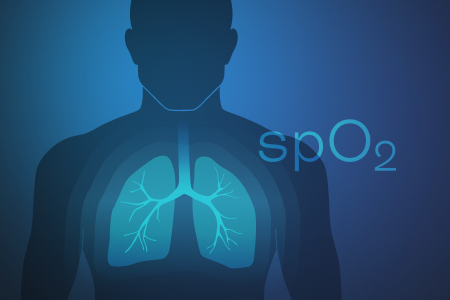
From boosting cognitive function to enhancing physical performance, discover the impact of blood oxygen levels on various aspects of health

The relationship between stress and productivity and how Welltory can help you plan better
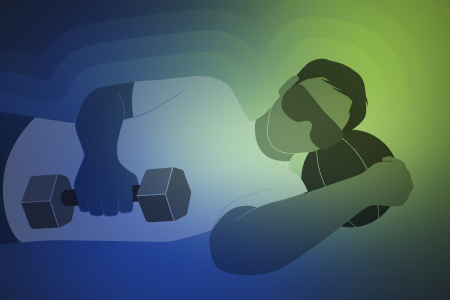
Does sleeping burn any calories, should you exercise right before bed and how much do you need to sleep to burn a 1000 Cal
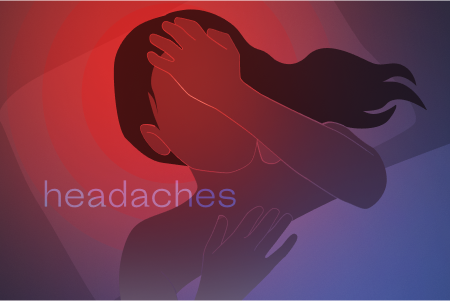
All you needed to know about headaches at night – types of nighttime headaches, their causes, possible treatment and how to avoid them.
 App Store
App Store
 Google Play
Google Play
 Huawei AppGallery
Huawei AppGallery
 Galaxy Store
Galaxy Store







